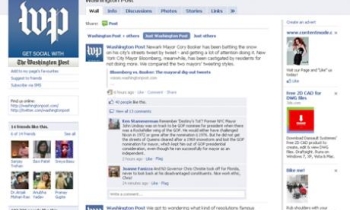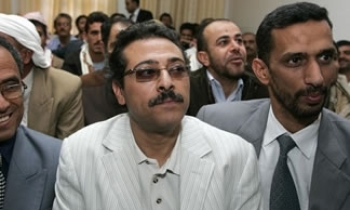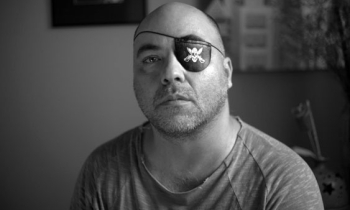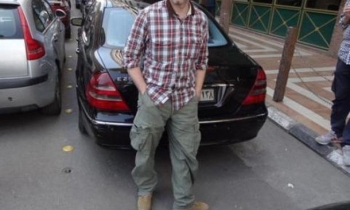KINSHASA, Aug 26 (Reuters) - One TV channel endlessly repeats close-ups of dead policemen tortured by a presidential candidate's supporters; a rival radio station calls for foreigners supporting President Joseph Kabila to be expelled.
Democratic Republic of Congo's media has become a political battleground. With the vast central African country two months away from a historic presidential runoff, many observers fear it could stoke passions to boiling point.
"The Congolese media is participating in the destruction of the nation in the middle of an electoral process rather than working to reconcile the nation," Congo's watchdog, the High Media Authority (HAM), said in a statement this week.
Tensions are running high during the former Belgian colony's first free polls in more than 40 years, with October's presidential run-off due to decide control over the country's enormous mineral wealth.
At least 23 people were killed in three days of clashes in the sprawling riverside capital Kinshasa this week after President Kabila's troops attacked a television station supporting his election rival, Vice-President Jean-Pierre Bemba.
The fighting erupted on Sunday in front of Bemba's CCTV station, which Kabila's government accused of inciting trouble by leaking results of the July 30 first round. Kabila won 45 percent of the vote, but faces a second round in October against ex-rebel chief Bemba, who gained 20 percent.
"It was no accident Bemba's TV station was the scene of the first attack. There is a lot of anger over the use of private media to denigrate opponents," said Jason Stearns, senior analyst at International Crisis Group.
"You are hearing more hate-speech on private radio," said Stearns. "This needs to stop: the media watchdog must take tough action ... the international community also has a role to play."
POWER OF MEDIA
The calls by Radio Mille Collines before the Rwandan genocide to "cut down the tall trees", which stoked racial hatred and preceded the massacre of some 800,000 Tutsis in 1994, are a chilling reminder of the power of the media in Africa.
Following a truce on Tuesday to end three days of violence in Kinshasa, two of Bemba's television channels have been forced off the air. Red metal shutters covered the windows of the CCTV headquarters in Kinshasa.
"CCTV has been closed by order of the information minister Its antennae have been surrounded by the presidential guard and we cannot access them," a Bemba spokesman said.
Congo's media watchdog protested in a statement on Thursday about the forced closure of several channels by presidential troops. It also announced it was replacing the staff of its ethical vigilance commission after its failure to dissuade the media from using inflammatory tactics.
The watchdog itself has come under attack: its offices were burned and looted by Bemba supporters who went on the rampage in July ahead of the first-round polls.
So far, it has imposed just a 24-hour ban on CCTV, the state broadcaster RTNC, and the pro-Kabila state RTAE two weeks ago for broadcasting inflammatory images.
Despite a multitude of broadcasters in the war-ravaged country, including more than 30 television channels in Kinshasa alone, most are allied to one political faction or another.
"We are blind here in Congo, there is no independent media," said Georges Kanku, in a bustling Kinshasa market.
"There is no way of actually knowing what is going on."









